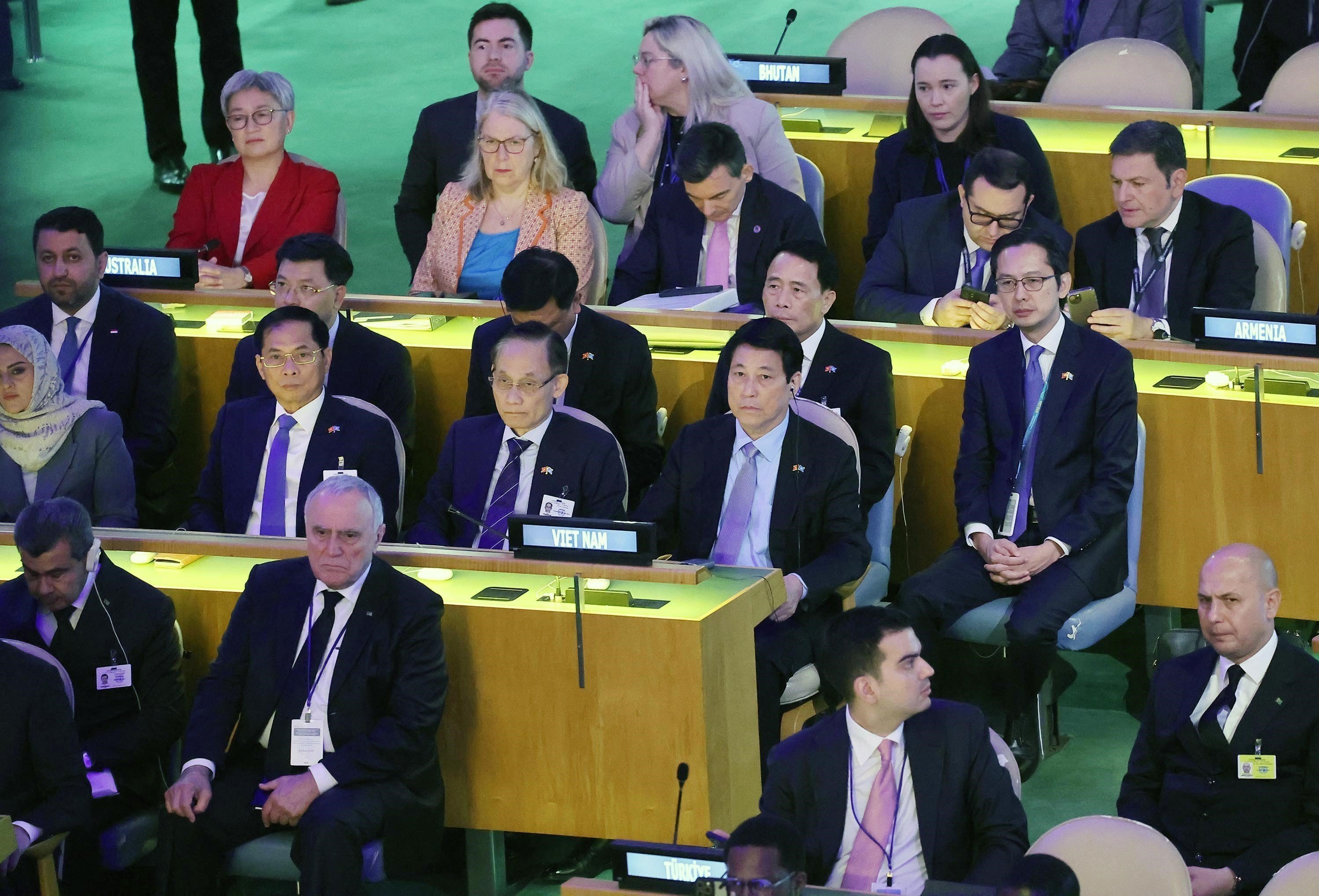
Factors affecting Vietnam's diplomacy today
International integration - an inevitable trend of world diplomacy
After the end of the Cold War, the explosion of science and technology promoted the socialization of productive forces and the internationalization of the division of labor. Since then, international and multinational economic groups have emerged, playing a central role in the global value chain. The nature of internationalization is expressed through increasingly diverse forms of cooperation between countries at many levels: bilateral, multilateral, sub-regional, regional, inter-regional and global. This process has changed the structure of the world system, requiring adjustments to the institutions and functions of the state, while promoting countries to expand their markets, forming a unified regional economic space and international market.
In essence, international integration is generally the process of linking countries and territories through participation in international organizations, mechanisms and cooperation activities to promote development and solve common problems. This is not only a simple international cooperation activity, but also a higher level of development, requiring the sharing of responsibilities and substantial commitments between parties. International integration takes place at three levels: bilateral, regional and global, covering the fields of economics, politics, culture - society, defense - security. In the context of deep globalization and the strong impact of the scientific and technological revolution, especially digital transformation and artificial intelligence (AI), international integration is increasingly becoming an inevitable trend, both opening up development opportunities and posing challenges for countries, especially developing countries.
International integration creates favorable conditions for countries to expand their markets, develop trade, promote growth and shift their economic structure towards modernization. At the same time, this process contributes to improving the investment and business environment, enhancing product competitiveness, enhancing human resource exchange and development, promoting technology transfer and absorbing progressive cultural values of humanity. International integration also plays an important role in maintaining global peace and stability, contributing to promoting countries to join hands to solve global issues such as climate change, energy security, epidemics, etc.
However, international integration also brings many complex problems. First of all, the increasing interdependence between economies makes it more difficult to maintain independence and autonomy in planning and implementing policies, especially in the context of increasingly fierce strategic competition between major countries. In addition, the international integration process, if lacking in alertness and proper orientation, can cause developing countries to fall into the "obsolete technology trap", importing old technology, polluting the environment, affecting the goal of sustainable development. International integration also has a strong impact on culture and national identity. In the face of globalization, without a strategy to preserve and promote traditional cultural values, countries are easily influenced by external cultural factors, leading to the risk of identity erosion. Particularly in the digital age, false, negative, hostile, and reactionary information can spread rapidly across borders, affecting ideological security, social trust, and internal political stability.
However, in general, international integration is still an objective trend, the right strategic choice of most countries. Therefore, correctly identifying both opportunities and challenges to have appropriate policies is a key factor to help countries effectively take advantage of international integration, thereby enhancing national comprehensive strength, consolidating national position, serving the goal of rapid and sustainable development. For Vietnam, international integration is a major strategic orientation to successfully carry out the cause of building and defending the socialist Fatherland of Vietnam. The process of international integration has helped Vietnam consolidate a peaceful and stable environment, effectively take advantage of favorable international conditions, thereby making an important contribution to socio-economic development, increasing national comprehensive strength, maintaining independence, sovereignty, unity and territorial integrity; ensuring political security, social order and safety; improving people's lives and strengthening confidence in the renovation process. At the same time, Vietnam's position and prestige in the international arena are increasingly enhanced.
Digital diplomacy - a new trend in the context of the impact of the Fourth Industrial Revolution
The term “Fourth Industrial Revolution” was first mentioned in the “High-Tech Strategic Action Plan” adopted by the German Government in 2012. This revolution implies a radical and comprehensive change in the production method, social governance and interaction between humans - machines - data. The far-reaching impact of this revolution is not only limited to the economic - industrial sector, but also strongly spreads to social life, including foreign affairs and national diplomacy.
The nature of the Fourth Industrial Revolution is expressed through core technology platforms such as AI, big data, cloud computing, internet of things (IoT) and blockchain. In which, AI plays a central role, capable of comprehensively changing the approach, processing and operation in many fields, including diplomacy. The birth and development of digital technology has formed a new trend in foreign affairs activities - that is "digital diplomacy". Digital diplomacy is not only the application of technology to support traditional diplomacy, but also opens up new operating methods based on digital platforms, contributing to improving efficiency, speed, interactivity and the level of spread in implementing foreign policies of countries in the digital age.
The profound impact of the Fourth Industrial Revolution has prompted governments to promote the application of information technology, digital technology and new media, especially social networks, in national governance and global management. This is not only a development trend, but has become an objective necessity of the times. In that context, foreign affairs and diplomacy are not outside this digital transformation process.
Since the beginning of the 21st century, the concept of “digital diplomacy” has gradually taken shape and played an increasingly important role in the overall foreign policy of many countries. Digital diplomacy has become an effective tool to enhance the role, expand influence and affirm the national position in the international arena. The rapid popularity of social networks has created many opportunities for politicians and diplomats to directly approach foreign audiences in informal ways, such as “Twitter diplomacy”, “public diplomacy”, “network diplomacy” - forms that demonstrate changes in the way foreign communication is conducted in the digital age. In particular, the COVID-19 pandemic has become a clear demonstration of the irreplaceable role of digital diplomacy. As traditional diplomacy has been disrupted by social distancing and contact restrictions imposed by governments, digital diplomacy has helped maintain interaction, connection and negotiation between countries, creating new, more flexible and effective dialogue spaces than ever before.
Looking at the issue in the context of the current information explosion, scholar Marius Vacarelu of the National University of Political Studies and Public Administration (SNSPA, Romania) - said that AI brings many new opportunities for both bilateral and multilateral cooperation, while creating favorable conditions for entities to participate in the global governance mechanism more effectively. According to scholar M. Vacarelu, AI is deeply impacting the diplomatic environment, in which the information field will become an important geopolitical space of the 21st century. AI not only changes the way data is processed, but also provides new tools to effectively support modern diplomatic activities, from consular services, negotiations, ensuring security of representative offices to forecasting and preventing crises (1) . In that context, AI is expected to become an essential supporting force, contributing to innovating foreign policy implementation methods and enhancing adaptive capacity to global issues.
In short, if we know how to effectively utilize and successfully adapt, the Fourth Industrial Revolution opens up many opportunities for countries to break through and develop strongly. In particular, the revolution in information and digital technology has formed a new diplomatic method - digital diplomacy - as a field of "specialized diplomacy". This is a diplomatic method that many countries in the region and around the world are prioritizing. However, depending on conditions, capacity and development needs, each country will have different ways of implementing digital diplomacy.
For Vietnam, although starting from a slower point than many other countries, with potential and human resources highly appreciated by the international community, Vietnam has many opportunities for development. With the aspiration for rapid, sustainable and innovative development, on September 27, 2019, Resolution No. 52-NQ/TW of the Politburo on "Some guidelines and policies to proactively participate in the Fourth Industrial Revolution by 2030, vision 2045" was issued, opening up important directions, while also setting new requirements for foreign affairs to proactively adjust, adapt and accompany ministries, sectors and the entire political system to contribute to realizing the set major goals.
The process of forming awareness of independent and autonomous Vietnamese diplomacy
The awareness of an independent and autonomous diplomacy has been formed and developed throughout the history of building and defending the country of the Vietnamese people. In that process, the diplomatic ideology of outstanding politicians and diplomats played an important foundational role, creating a unique diplomatic tradition of Vietnam - flexible, but steadfast, humane, but resolute, always putting the interests of the nation and people "above all, first of all".
The diplomatic thought of Nguyen Trai - an outstanding politician, military strategist, and diplomat in the early Le Dynasty - is a typical example. The outstanding feature in his thought is "psychological diplomacy" - using morality, humanity, and wisdom to influence the opponent, limit conflicts, and create peace. The art of "psychological diplomacy" reached its peak when he and Le Loi applied it to the Lam Son uprising (1418 - 1428), contributing to the glorious victory and establishing a long-term peaceful relationship with the Ming Dynasty. Nguyen Trai's thoughts of tolerance, humanity, using great justice to overcome cruelty, using humaneness to replace violence have become core values in the tradition of Vietnamese diplomacy. Diplomatic activities in history not only served political and military goals to protect national independence and sovereignty, but also contributed to expanding cultural and trade exchanges and enhancing national status.
Nguyen Trai's tolerant ideology and the art of "mental attack" not only left a deep mark in the history of our country's traditional foreign affairs activities, but also deeply influenced Ho Chi Minh's diplomatic ideology, contributing to the formation of an independent and autonomous diplomacy of modern Vietnam. On the theoretical foundation of Marxism-Leninism combined with the quintessence of national and human culture, President Ho Chi Minh applied and creatively developed, bringing Vietnamese diplomacy to a new level.
Ho Chi Minh's diplomatic thought emphasized that diplomacy is a front, including "armies": party diplomacy, state diplomacy, and people's diplomacy. His diplomatic method is expressed in the art of "responding to all changes with constancy", recognizing opportunities and acting at the right time; making concessions with principles; making more friends and fewer enemies; behaving flexibly, but not straying from the goal of protecting national independence and sovereignty.
In practice, President Ho Chi Minh flexibly and effectively applied the ideas of tolerance, great solidarity and "mind-to-heart attack". After the August Revolution in 1945, he advocated broad solidarity with social forces, including intellectuals in the old regime or opposition factions. Regarding the French, he expressed that "French blood or Vietnamese blood is all blood, French people or Vietnamese people are all people" (2) . However, when the enemy crossed the line of peace, President Ho Chi Minh resolutely launched a nationwide resistance war (December 19, 1946) to protect the independence and freedom of the country.
From a modern perspective, it can be seen that the meeting point between the diplomatic thought of Nguyen Trai and President Ho Chi Minh lies in the righteousness, the spirit of peace, humanity and flexible behavior, but the core is still national independence and territorial integrity. That is the lasting value, becoming the tradition of Vietnamese diplomacy, inherited and creatively developed by the Communist Party of Vietnam in the cause of building a modern, independent, autonomous diplomacy imbued with national identity.
Independent and autonomous Vietnamese diplomacy in the new era
In the context of deep globalization and the Fourth Industrial Revolution that is rapidly changing all aspects of economic, political and social life, the world is witnessing a significant shift in the structure of power, the way of international interaction and the model of state organization. The ability to collect, process, share and disseminate information at an unprecedented speed thanks to digital technology has opened up new opportunities for countries, organizations and individuals to convey messages, shape the global agenda and expand political and economic influence. In that context, global diplomacy is also entering a period of strong transformation, in which "networking diplomacy" (3) is increasingly becoming an important pillar, shaping the new way of operating of modern diplomacy.
Standing out in this trend is the rapid development of digital diplomacy - a direct result of the technological revolution. Different from the traditional model, digital diplomacy allows diplomats and foreign affairs agencies to reach international audiences through social networks, digital platforms, AI and digital communication tools. Digital diplomacy is not simply a technical means, but also a content in foreign policy, contributing to improving the effectiveness of public diplomacy, increasing the ability to respond quickly to global fluctuations, optimizing costs and promoting bilateral and multilateral activities in a flexible, highly interactive and multi-dimensional manner.
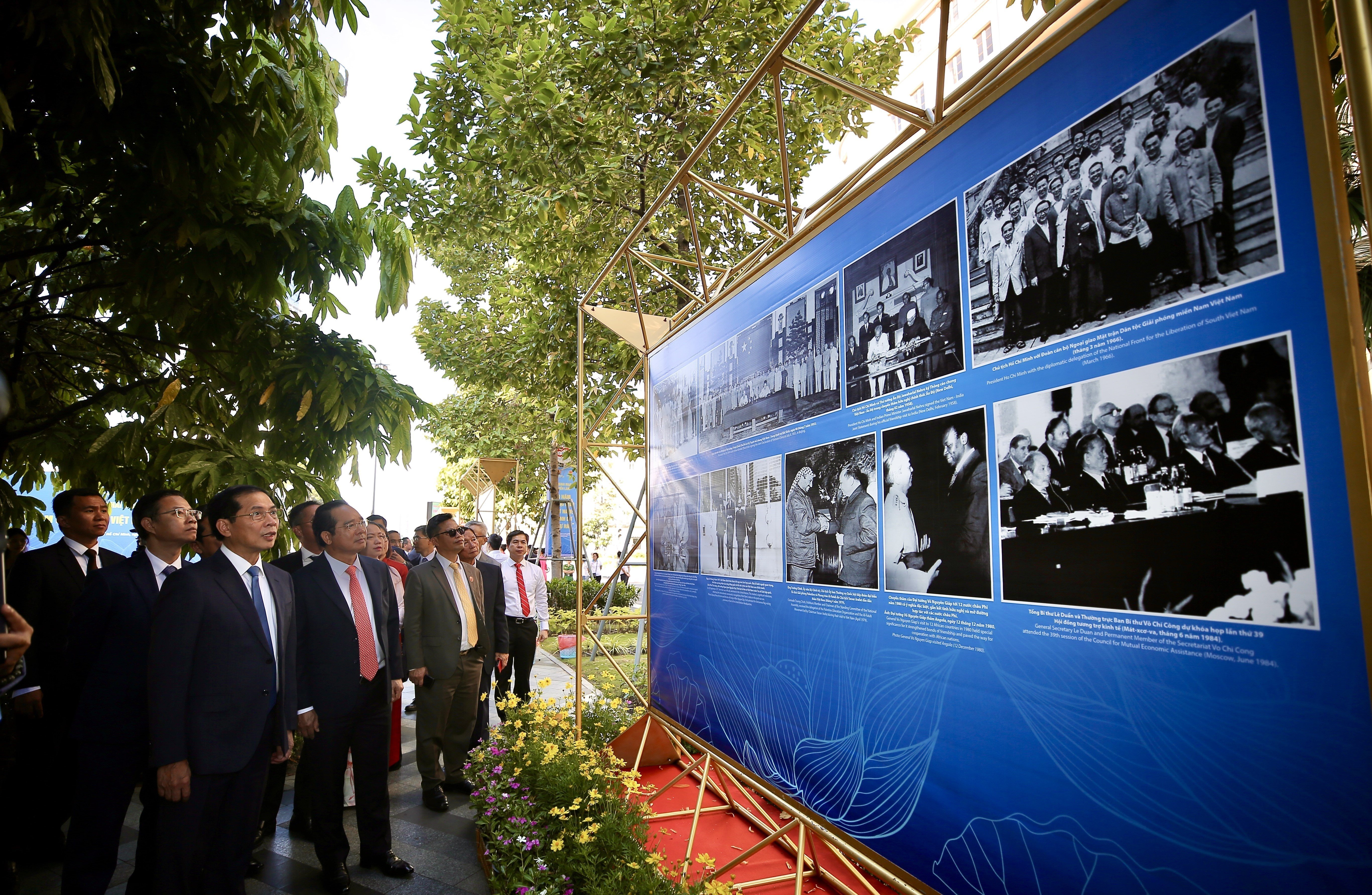
For Vietnam, the trend of digital diplomacy is an inevitable requirement in the process of building an independent, autonomous, modern and deeply integrated international diplomacy. With a long-standing diplomatic tradition forged through historical periods - from Nguyen Trai's "conscience diplomacy" ideology to President Ho Chi Minh's peaceful and flexible diplomatic policy - Vietnam is continuing to promote that identity in new conditions, harmoniously combining traditional experience and innovative thinking, taking advantage of digital technology achievements to improve the effectiveness of foreign affairs activities and consolidate the country's position in the international arena.
In the global digital space, public diplomacy - a form of diplomacy that focuses on the international public as the main target - is becoming a mainstream trend and is considered by many countries as a strategic tool to strengthen "soft power" and expand political - cultural - economic influence. This concept was proposed by American diplomat Edmund Gullion in 1965 in the context of the Cold War. Over time, public diplomacy has gone beyond the framework of ideological propaganda, becoming a multi-dimensional communication method between countries and the international community, aiming to build image, spread values, culture and build trust in international dialogue.
Nowadays, modern public diplomacy is not limited to mass media, but also includes a wide range of activities, such as cultural exchanges, sports, education, tourism promotion, national branding, especially direct interaction through social networks and digital platforms.
From a scientific and technological perspective, new technological achievements, such as AI, big data, blockchain, cloud computing, IoT, etc., are profoundly changing the way modern diplomacy operates. Not simply a supporting tool, these technological achievements also shape the method of building foreign policy strategies, analyzing information, forecasting policies and responding to crises. This change requires a team of diplomatic staff with legal knowledge, political acumen, improved capacity to apply technology, digital communication skills and quick critical thinking.
As a developing country with the third largest population in Southeast Asia and the 15th largest in the world, Vietnam's independent and autonomous diplomacy faces increasing demands for professionalism, adaptability and modernization. Under the leadership of the Communist Party of Vietnam, especially after the 13th National Party Congress, foreign affairs continue to be identified as one of the three pillars of the cause of defending the socialist Vietnamese Fatherland in the new situation, along with national defense and security. The foreign policy of independence, autonomy, peace, cooperation and development; diversification and multilateralization of foreign relations continue to be the guiding principle for all foreign affairs activities.
On the basis of an independent, self-reliant, diversified and multilateral foreign policy, Vietnam has established diplomatic relations with nearly 200 countries and territories, including major powers, developing countries as well as traditional partners. Many of these relationships have been upgraded to comprehensive strategic partnerships, strategic partnerships and comprehensive partnerships, reflecting a high level of political trust and extensive cooperation in many fields such as politics - diplomacy, economics - trade - investment, national defense - security, science - technology, education - training and people-to-people exchange. At the same time, Vietnam proactively and actively participates in most important international and regional organizations, forums and associations, such as the United Nations, the Association of Southeast Asian Nations (ASEAN), the Asia-Pacific Economic Cooperation Forum (APEC), the Asia-Europe Meeting (ASEM), the World Trade Organization (WTO) and many other sub-regional and inter-regional cooperation mechanisms.
Active and responsible participation in regional and international cooperation forums has helped Vietnam enhance its position, from a country that mainly receives support to a country with a voice, initiatives and substantial contributions to global peace, stability and development. In its role as a non-permanent member of the United Nations Security Council for the 2020-2021 term, Chair of ASEAN and Chair of the Association of Southeast Asian Nations Inter-Parliamentary Assembly (AIPA) in 2020, Vietnam has demonstrated its mettle and effective coordination capacity, affirming the image of a peace-loving country that respects international law and is a reliable partner of the international community.
In addition to politics and security, Vietnam actively promotes international economic integration, playing a proactive role in the framework of new-generation free trade agreements, such as the Comprehensive and Progressive Agreement for Trans-Pacific Partnership (CPTPP), the Regional Comprehensive Economic Partnership (RCEP)... This is a strategic step affirming Vietnam's determination to deeply participate in the global value chain, promote growth model innovation, and improve the competitiveness of the economy in the digital age and globalization. From a country that was once besieged and embargoed, Vietnam has become a dynamic, responsible partner and is highly appreciated by the international community in promoting multilateralism and cooperation for the common benefit of humanity.
Most recently, on August 10, 2023, the Politburo issued Resolution No. 57-NQ/TW, "On the development and application of science, technology, innovation and national digital transformation to 2030, with a vision to 2045", creating an important political-strategic corridor, clearly orienting the comprehensive digital transformation in all fields, including foreign affairs and diplomacy. If Resolution No. 52-NQ/TW laid the foundation for proactively approaching, responding to and taking advantage of opportunities from the Fourth Industrial Revolution, Resolution No. 57-NQ/TW is a continuation and further development, affirming that science - technology, innovation and digital transformation are breakthrough driving forces of national development in the new period. This not only creates a strategic foundation for key areas, but also places urgent demands on the diplomatic sector in transforming thinking, modernizing the organization, applying technology and innovating methods of implementing foreign affairs activities. In that spirit, the Vietnamese diplomatic sector is actively innovating both thinking and operating methods. From organizing online conferences, increasing presence on digital platforms, to improving public service procedures and training digital diplomatic staff, all activities are gradually moving towards building a modern, proactive, flexible and effective diplomacy, meeting the requirements of the era of digital transformation and deep international integration.
However, in addition to opportunities, Vietnamese diplomacy also faces many challenges, such as the application of scientific and technological achievements, high-quality human resources, expertise in digital technology, foreign languages and the ability to adapt to a multicultural working environment. In addition, the issues of information security, data security in cyberspace, as well as synchronization in inter-sectoral coordination and the transformation of diplomatic management thinking towards modernity are issues that need to continue to be concerned.
To effectively promote the role of independent and autonomous Vietnamese diplomacy in the country's development in the coming time, the following contents need to be considered:
First, continue to firmly pursue an independent, self-reliant, diversified, and multilateral foreign policy, associated with proactive and active international integration, deeply and substantially, especially in the fields of economics, science, technology, and innovation.
Second, promote digital transformation in foreign affairs, focus on building a shared digital data platform, strongly apply digital technology, AI and digital communications to improve management, communication and crisis handling efficiency in diplomatic activities.
Third, strengthen public diplomacy, cultural diplomacy, and science and technology diplomacy as pillars to build national "soft power", spreading the image of an innovative, humane, and responsible Vietnam in the international arena.
Fourth, develop a comprehensive team of diplomatic staff with political courage, strategic thinking, foreign language proficiency, technology understanding and the ability to work effectively in a multilateral, digital environment.
Fifth, promote inter-sectoral coordination, mobilize the participation of the entire political system, business community, intellectuals and overseas Vietnamese, creating a combined strength in implementing comprehensive and modern diplomacy to serve national development.
In short, in the era of digital transformation and deep globalization, Vietnamese diplomacy is facing a great opportunity to strongly promote the tradition of independence and autonomy - core values throughout the nation's history. On the basis of solid political will, innovative thinking and flexible adaptability to the changing international context, Vietnamese diplomacy is gradually modernizing, professionalizing and digitalizing to keep up with the pace of development of the times. The harmonious combination of humanistic and flexible diplomatic identity and new technological power will be an important driving force to help Vietnam enhance its position in the international arena. Thereby, Vietnamese diplomacy not only contributes to promoting peace, cooperation and sustainable development, but also plays a pivotal role in the process of realizing the aspiration to build a strong and prosperous country in the 21st century./.
-----------
(1) See: Marius Vacarelu: “Artificial Intelligence: Enhance or Replace Traditional Diplomacy” in Artificial Intelligence and Digital Diplomacy: Challenges and Opportunities, National Political Publishing House Truth, Hanoi, 2022, pp. 23 – 67
(2) Ho Chi Minh: Complete Works, National Political Publishing House Truth, Hanoi, 2011, vol. 4, p. 510
(3) See: Hasan Benouacha: “The potential and limitations of US digital diplomacy in the Middle East and North Africa” in Artificial Intelligence and Digital Diplomacy: Challenges and Opportunities, op. cit., pp. 336, 340
Source: https://tapchicongsan.org.vn/web/guest/quoc-phong-an-ninh-oi-ngoai1/-/2018/1141602/ngoai-giao-viet-nam-phat-huy-suc-manh-doc-lap%2C-tu-chu%2C-vung-buoc-tien-vao-ky-nguyen-moi.aspx


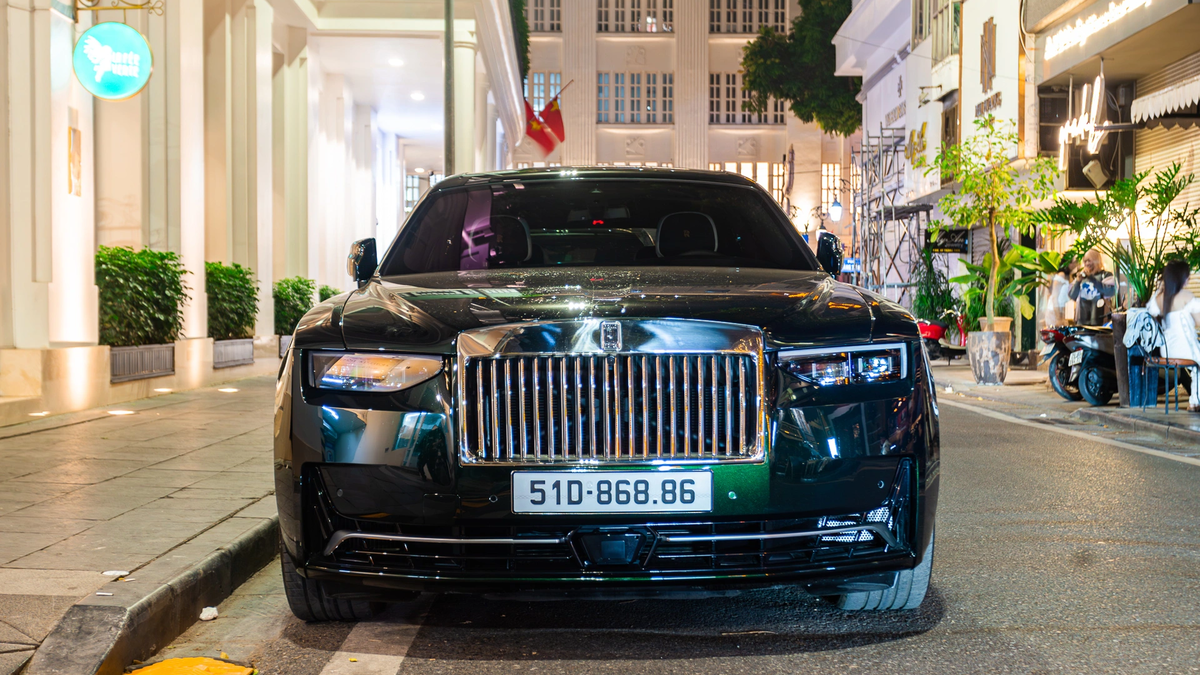
![[Photo] General Secretary To Lam receives Vice President of Luxshare-ICT Group (China)](https://vphoto.vietnam.vn/thumb/1200x675/vietnam/resource/IMAGE/2025/11/15/1763211137119_a1-bnd-7809-8939-jpg.webp)

![[Photo] Prime Minister Pham Minh Chinh meets with representatives of outstanding teachers](https://vphoto.vietnam.vn/thumb/1200x675/vietnam/resource/IMAGE/2025/11/15/1763215934276_dsc-0578-jpg.webp)






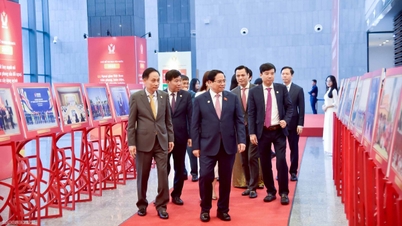
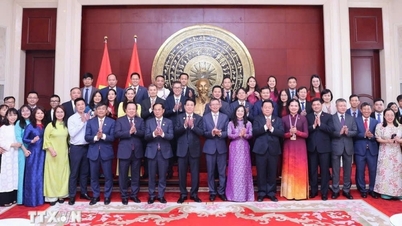
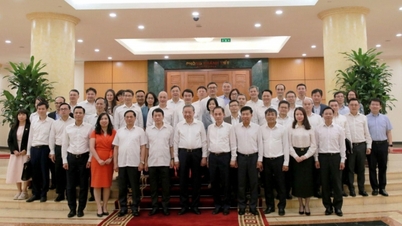
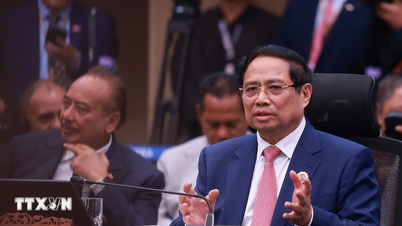

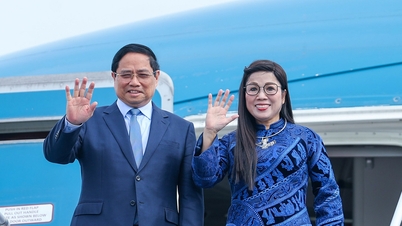



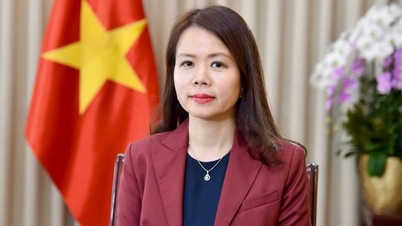
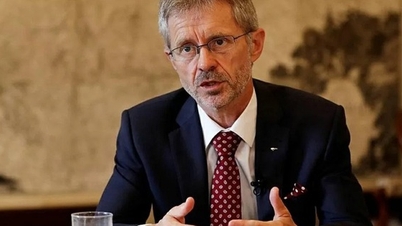

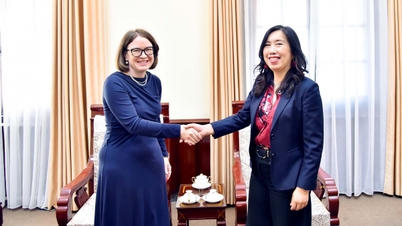












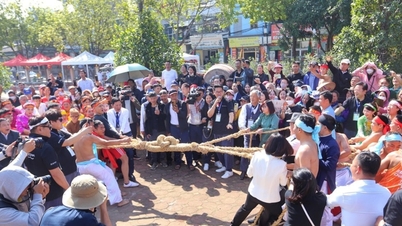










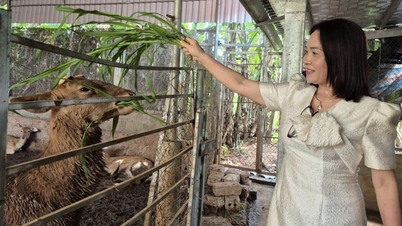















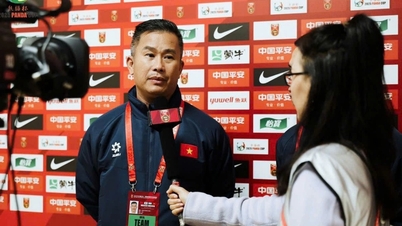

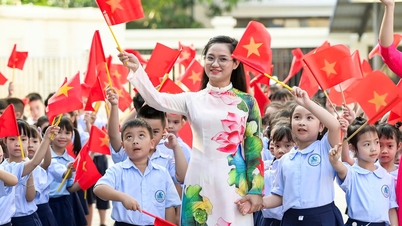


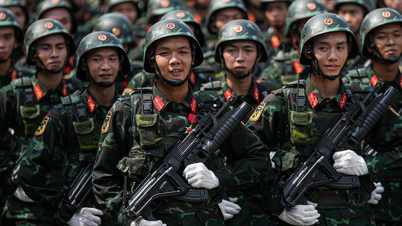


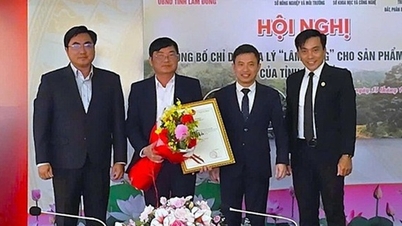




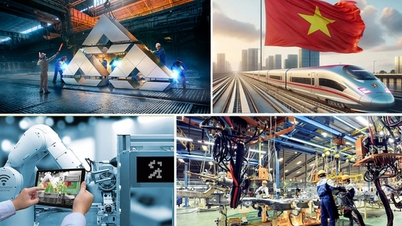


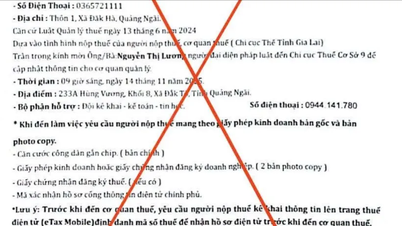

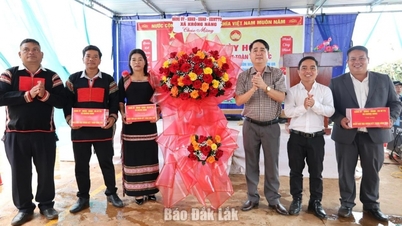

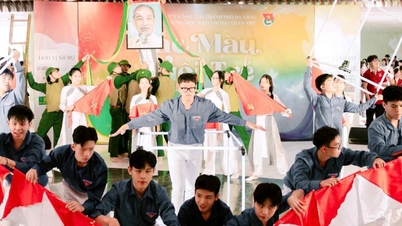

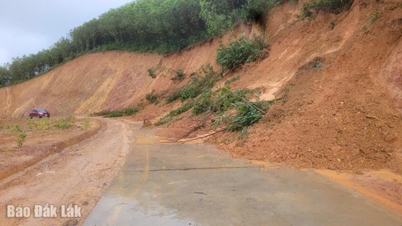
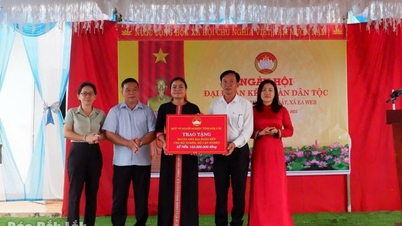
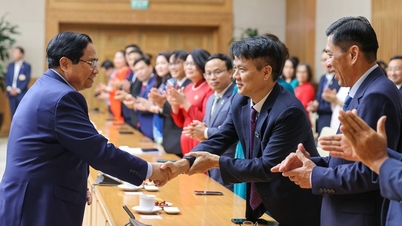










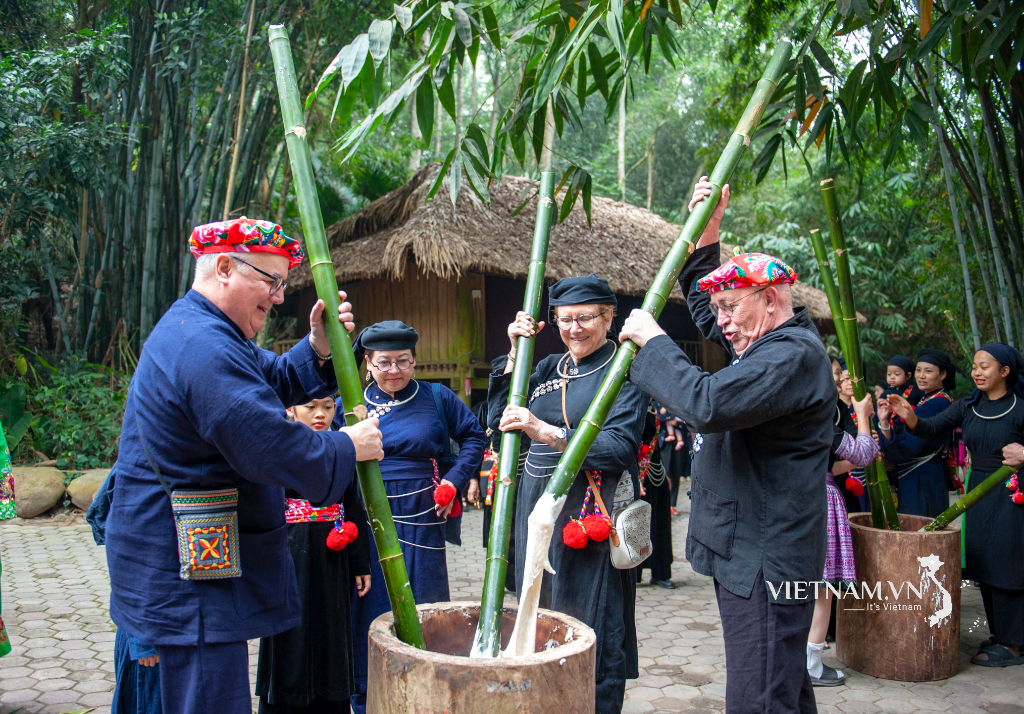



Comment (0)